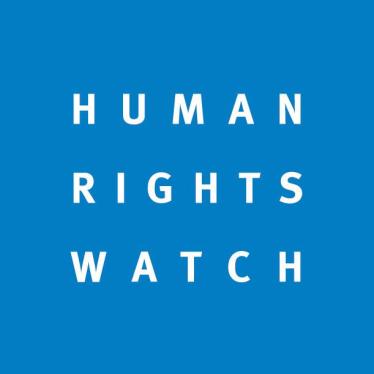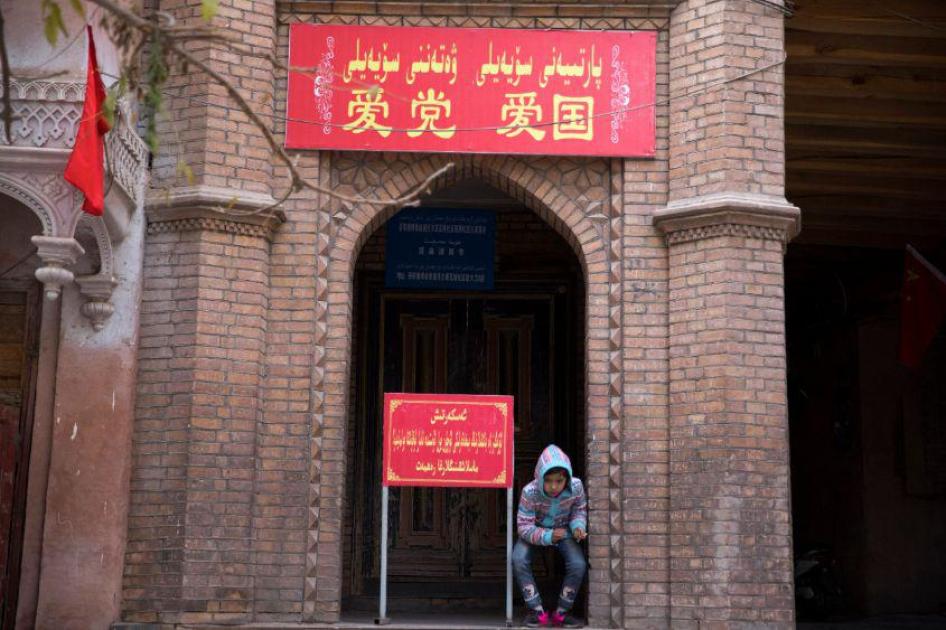The US government took a crucial step for human rights in China today by imposing targeted sanctions on four top Xinjiang officials, freezing their assets in the United States and banning them from entering the country. This is the second time the US government has used the Global Magnitsky Act – effective since 2017 – to hold Chinese officials accountable for severe human rights violations.
Those named include the Xinjiang Party Secretary and Politburo member Chen Quanguo, a mastermind behind the mass arbitrary detention, torture, and surveillance of millions of Turkic Muslims in the Xinjiang region. Chen was also responsible for repression against Tibetans as the Tibetan region’s Party Secretary between 2011 and 2016.
The sanctions come three years after victims from Xinjiang came forward to detail their harrowing experience being held without legal procedures in the region’s “political education” camps, where they are forced to shed their Turkic Muslim identity and pledge loyalty to the Chinese Communist Party. The sanctions also came after years of meticulous research: the role of Zhu Hailun, one of the sanctioned officials, came to light only after the International Consortium of Investigative Journalists released an operations manual for Xinjiang’s “political education” camps signed off by the Deputy Xinjiang Party Secretary.
The US Global Magnitsky sanctions would be more effective if other governments imposed similar restrictions. While the European Parliament has repeatedly urged the adoption of targeted sanctions on Chinese officials – most recently in a June resolution on Hong Kong and in a December 2019 resolution on Xinjiang – the European Union has yet to act. While the UK has just announced a similar human rights sanctions regime, no Chinese or Hong Kong government officials have been named among the first individuals penalized.
Imposing sanctions collectively will send a powerful message to a Chinese government increasingly disdainful of the global rule of law, compelling it to rethink its sense of impunity. At the United Nations on June 26, 50 UN human rights experts issued a searing indictment of human rights in China, calling on the UN Human Rights Council to scrutinize China’s record.
While sanctions can be a valuable tool to combat injustice, they are no substitute for genuine accountability. But Beijing has been put on notice that the world is increasingly willing to challenge its spiraling rights violations.










